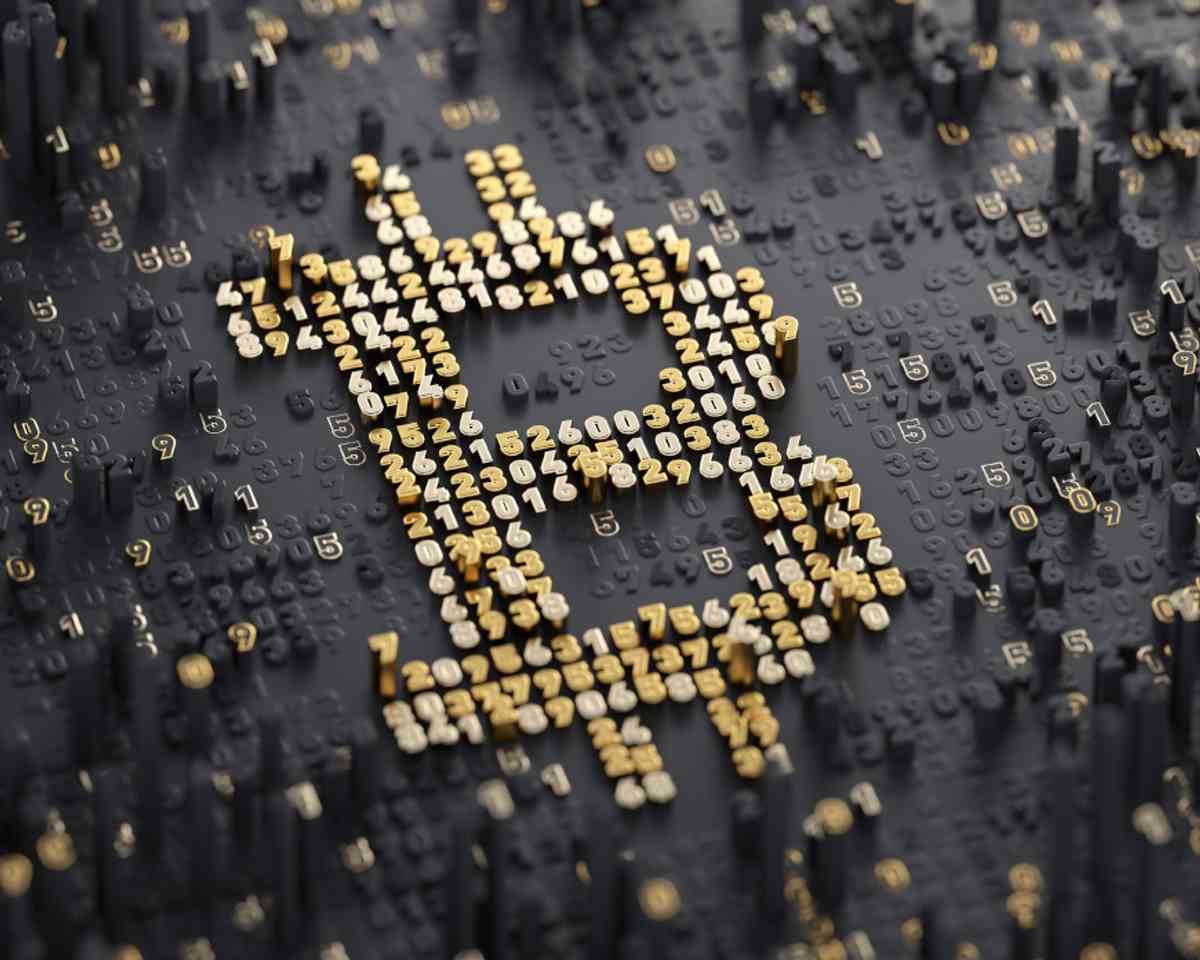For anyone interested in cryptocurrencies, it is clear that Bitcoin is the digital asset that came out first. Behind it, there stands a strong and passionate community. There is not only love for Bitcoin’s capabilities, but there is also a lot of optimism about its eventual bloom.
If we look back, we can see that Bitcoin’s price has doubled every year since 2013. Huge companies are adding it to their balance sheets, people are dedicating their lives to it, and El Salvador has even made Bitcoin an official currency of the country.
And while there are a lot of global forces that would love to see the protocol fail, there are also a lot of people and organizations waiting for Bitcoin to address issues.
And as we know, we don’t appreciate something until we lose it, so we decided to see what would happen if Bitcoin came to an end.
Privacy issues
Bitcoin is an open network, where anyone can join and take advantage of its functionalities, free of charge. So, the network stores information about the users, without discriminating between good and bad participants.
If we make a comparison to some social and financial networks, such as YouTube and Facebook, they require users to create profiles. Actually, although those platforms are free, users pay with their personal data.
Financial networks are legally bound to collect AML and KYC data from users, sourcing vulnerable personal data.
In the end, It turns out that Bitcoin is the most reliable alternative for long-term money transfers. Although it is not the perfect solution, the blockchain isn’t linking directly addresses to individuals, and some updates have made it harder to trace funds there.
Censorship
With Bitcoin, there is no third-party that can prevent digital assets from reaching its final destination. What’s more, they can not be pressured by the government.
At the same time, social media and financial networks are notorious for violating free speech and financial sovereignty.
With Bitcoin, transferring funds is not an issue of seizure or censorship. It does not matter if one supports the movement. The protection of property means protection for all.
Win for the Government
There is a clear division between Republicans and Democrats when it comes to digital assets. While the first are fanatical about them, Democrats fear it is a threat to the US dollar. And it certainly makes sense.
While Republicans support smaller government and free market, Democrats supported larger government and market restriction. So, clearly, Bitcoin makes Republican vision possible.
If it is adopted as a currency, Bitcoin would restrict irresponsible money printing and governments would have to source funds through taxes only.
To sum up, the adoption of Bitcoin would lead to more transparent political decisions, and far more efficient allocation of resources.
Win for the central banks
History has shown us a lot of situations where citizens' value was stolen from them so that the government could stimulate the economy.
Since Bitcoin is non-inflationary and non confiscatable, it can solve a lot of problems. Government can not seize it, even by force. At the same time, Bitcoin makes central bank money to compete against a harder form of money on the free market, and not subjecting us to its devaluation.
Energy transition fails
From the beginning, Bitcoin is being criticized for being wasteful and abusive to the environment, because of its energy-intensive mining process.
It turns out, that exactly the opposite can become true. Since Bitcoin has reached more than $700 billion market cap, its mining is an entire industry, craving for innovations. Studies show that Bitcoin mining can actually incentivize renewable energy production and can even help to address energy shortages around the world.
Bitcoin offers a free-market solution to renewable energy development and with it, a green future can be ahead of us, without putting money and power in the hands of the government.
We can actually see a big future ahead of Bitcoin. It is clearly not just an avenue for making money, but a technology that can promise freedom and privacy protection.
